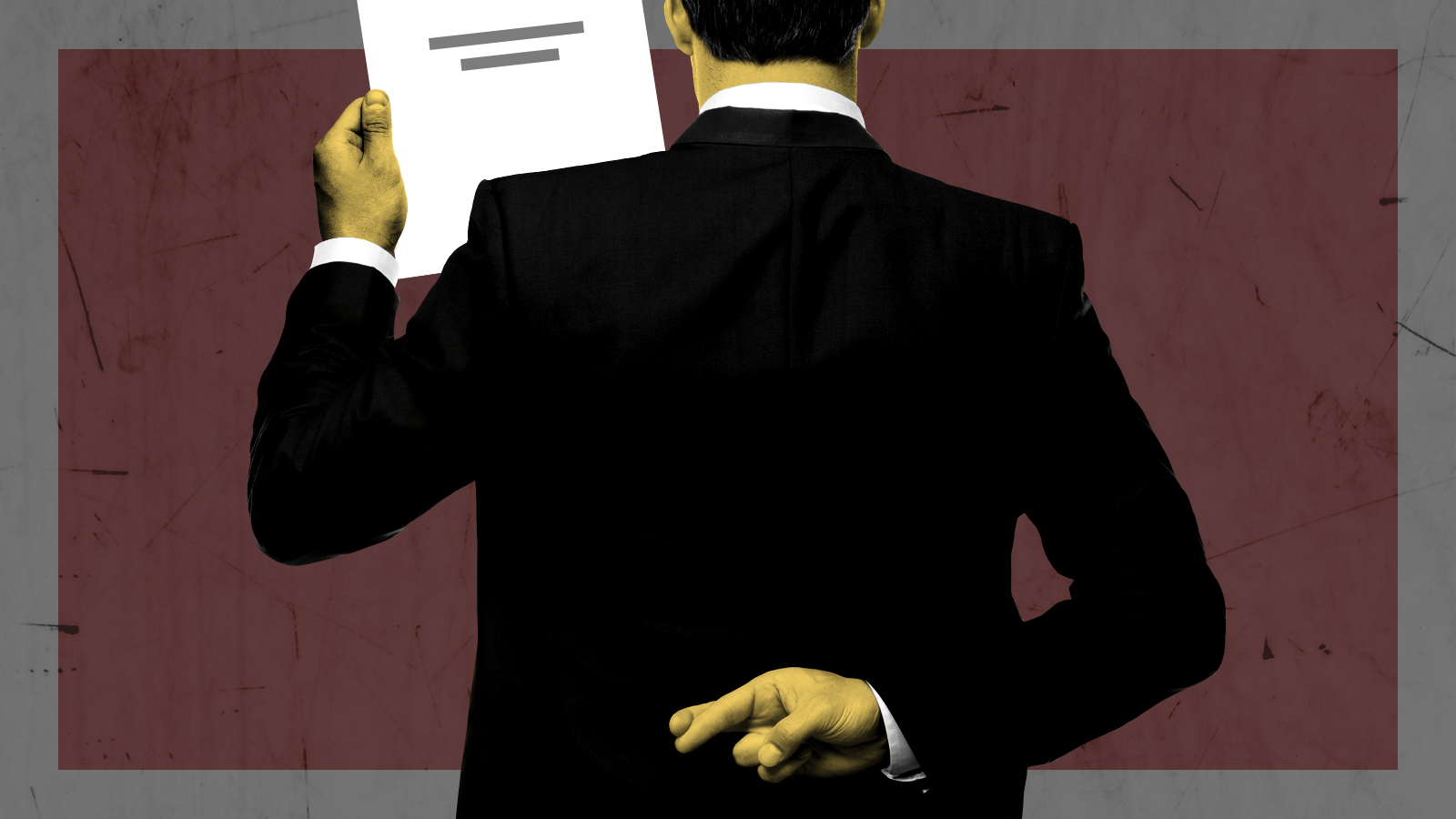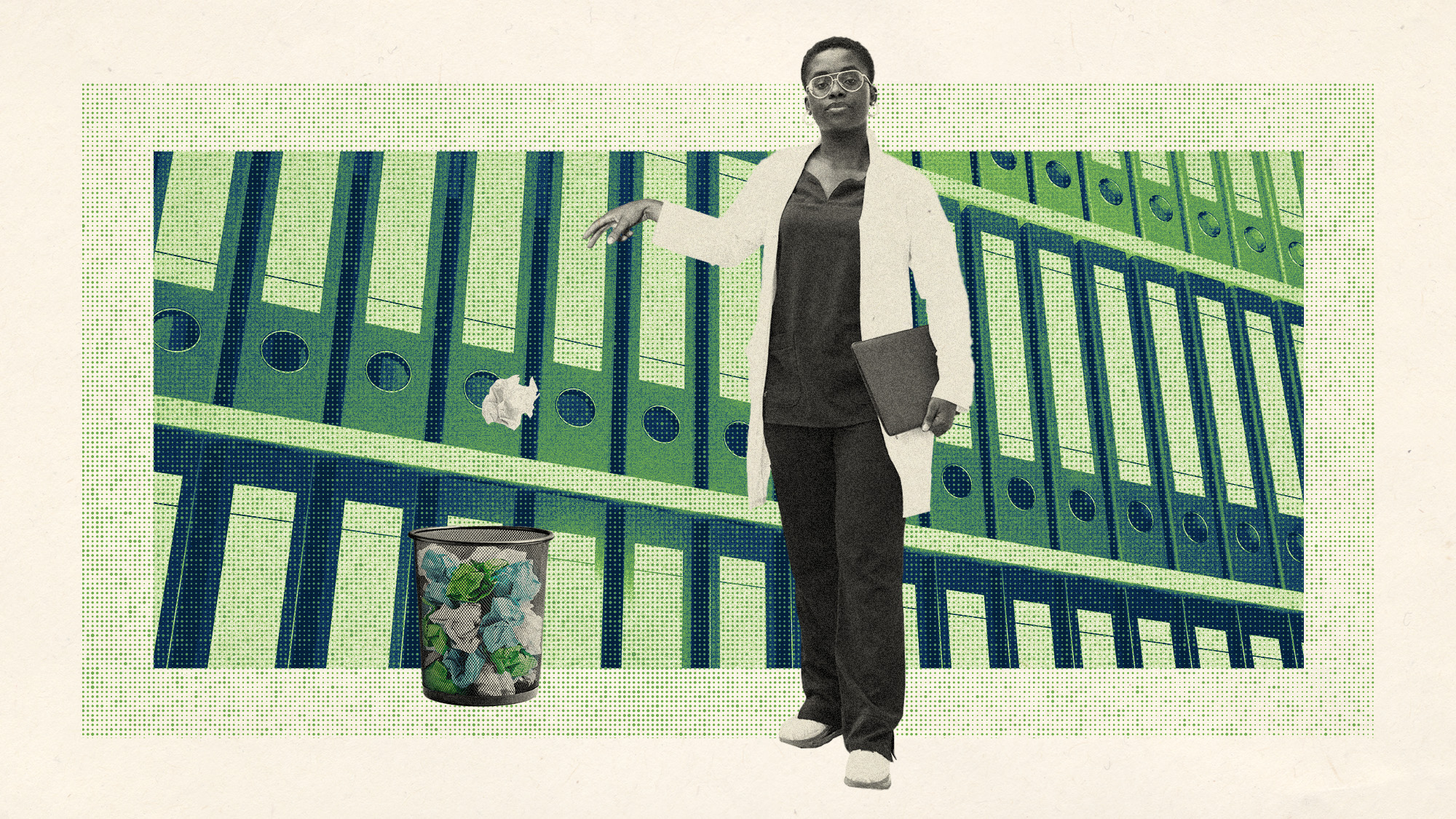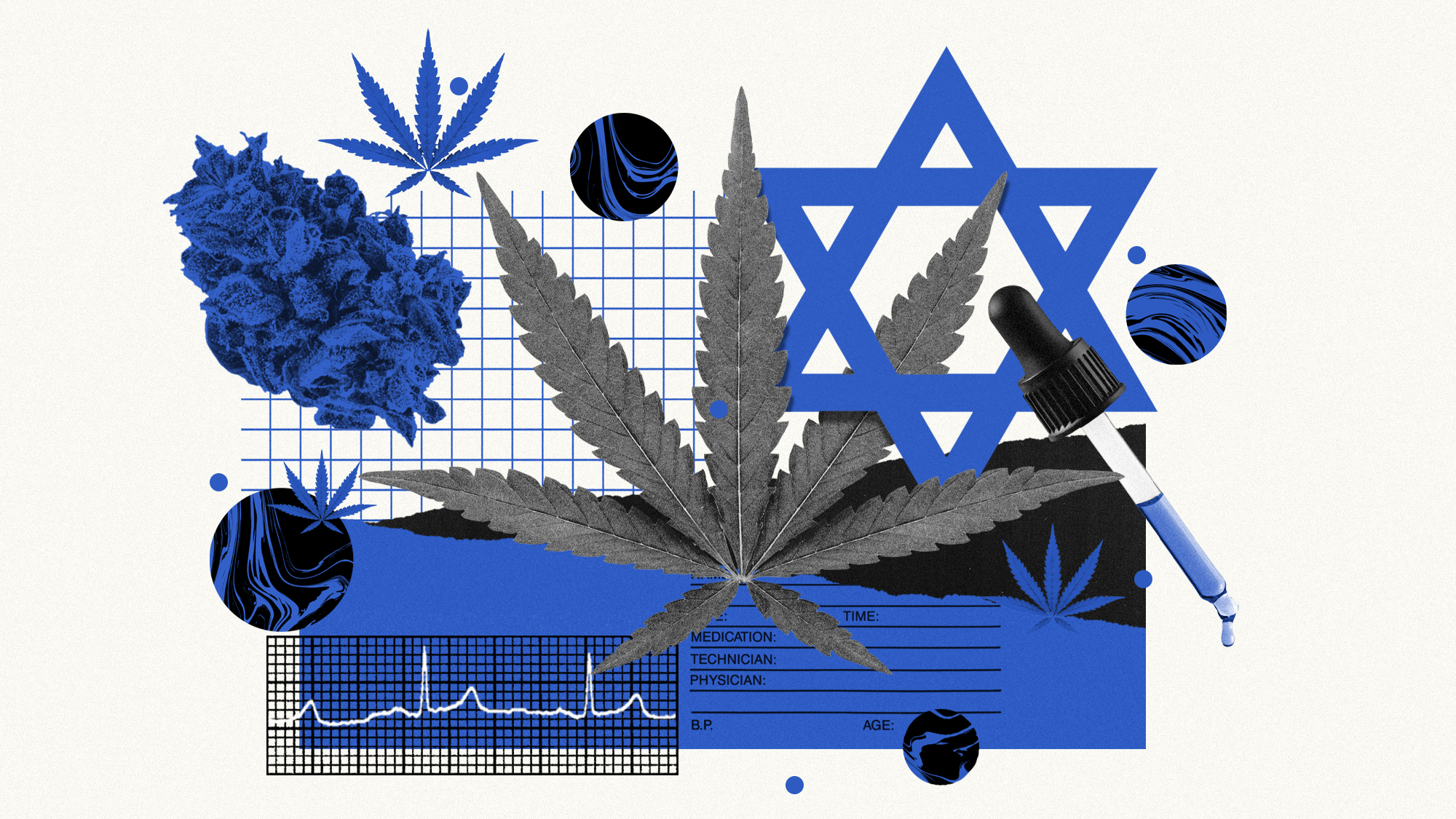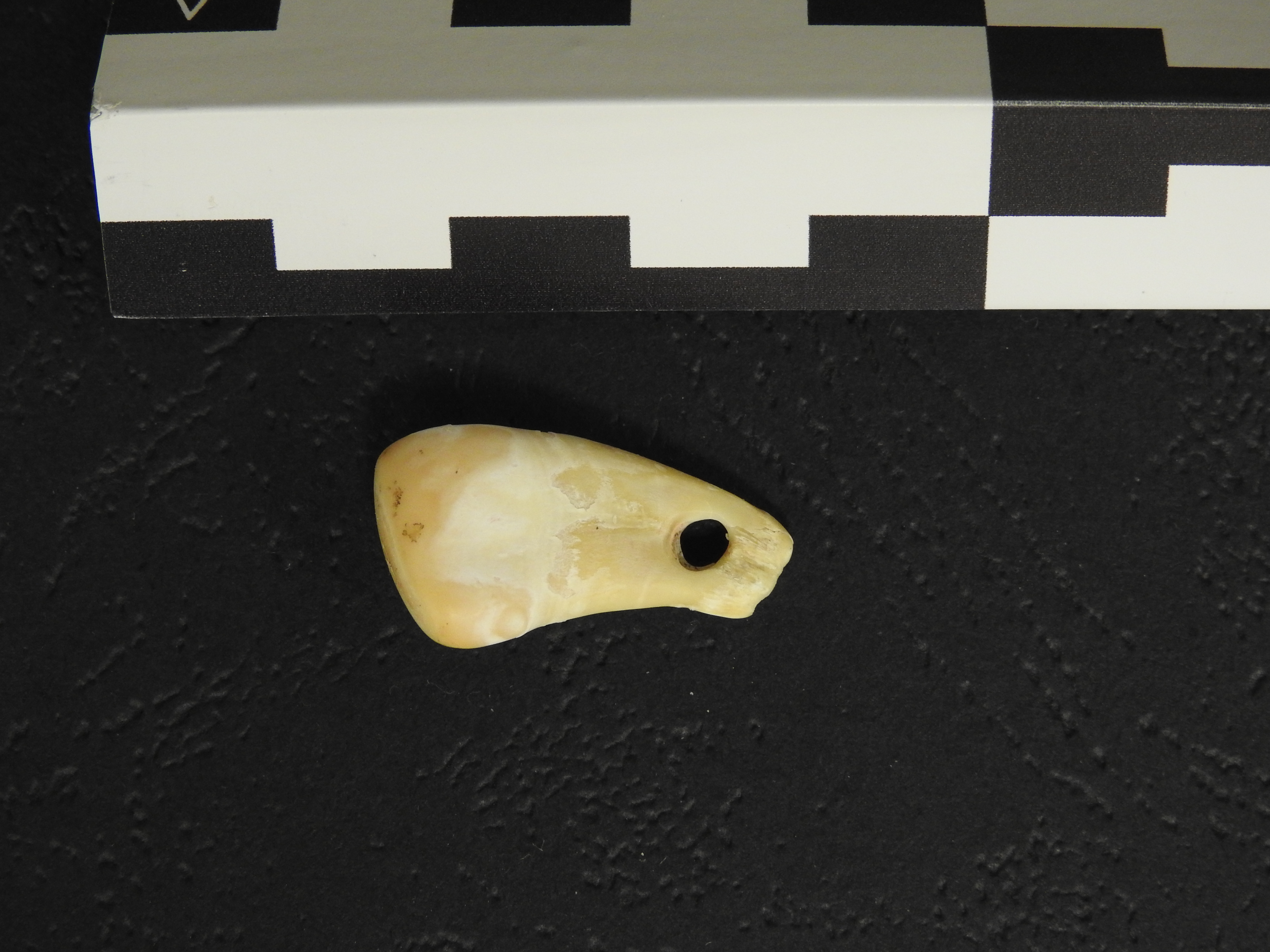The problem with academic funding, in 1 ironic scandal


A free daily email with the biggest news stories of the day – and the best features from TheWeek.com
You are now subscribed
Your newsletter sign-up was successful
In 2012, a team of researchers including behavioral economist Dan Ariely published a paper about how to prevent cheating. According to their studies, people were less likely to lie when they signed an honesty declaration at the beginning of a form instead of at the end. The idea, which Ariely expanded in a popular book, caught on. In addition to generating a large scientific literature, it was the centerpiece of a financial technology startup.
Now it turns out that the research on cheating may have been faked. In a blogpost last week, an anonymous team of scholars argued the data could not have been generated by genuine experiments. Buzzfeed reports that all the researchers who participated have denied personal responsibility. But none dispute that fraud occurred.
Scrutiny will focus on Ariely, a prolific TED talker. But the problem goes deeper than possible misconduct by one high-profile researcher.
The Week
Escape your echo chamber. Get the facts behind the news, plus analysis from multiple perspectives.

Sign up for The Week's Free Newsletters
From our morning news briefing to a weekly Good News Newsletter, get the best of The Week delivered directly to your inbox.
From our morning news briefing to a weekly Good News Newsletter, get the best of The Week delivered directly to your inbox.
Social science is already in the grip of a so-called replication crisis. In other words, researchers don't get the same results they find in published papers when they attempt the same experiments or re-analyze the original data. The problem seems worst in psychology, but economics is not much better. A large portion of publications in these areas, which are widely influential in public policy, finance, and education, just don't hold up.
The explanation probably isn't that social scientists are less moral than in the past. As academic funding and hiring stall, scholars in all disciplines face pressure to produce striking, easily summarized findings that they can effectively promote to a non-specialist audience. That makes it more likely that they'll cut corners rather than derail a promising study. Outright fraud is just the extreme case.
Manipulation to produce favorable results is exactly what behavioral economics would predict in this situation. So it's ironic that one of the leading practitioners of the field seems caught in a trap that his own ideas help explain. The solution isn't gimmicks like honesty statements. Reforming social science means changing funding and professional incentives that encourage dishonest behavior by concentrating rewards on the biggest names, most charismatic personalities, and splashiest arguments. In other words, the benefits enjoyed by Ariely himself.
A free daily email with the biggest news stories of the day – and the best features from TheWeek.com
Samuel Goldman is a national correspondent at TheWeek.com. He is also an associate professor of political science at George Washington University, where he is executive director of the John L. Loeb, Jr. Institute for Religious Freedom and director of the Politics & Values Program. He received his Ph.D. from Harvard and was a postdoctoral fellow in Religion, Ethics, & Politics at Princeton University. His books include God's Country: Christian Zionism in America (University of Pennsylvania Press, 2018) and After Nationalism (University of Pennsylvania Press, 2021). In addition to academic research, Goldman's writing has appeared in The New York Times, The Wall Street Journal, and many other publications.
-
 Quiz of The Week: 14 – 20 February
Quiz of The Week: 14 – 20 FebruaryQuiz Have you been paying attention to The Week’s news?
-
 The Week Unwrapped: Do the Freemasons have too much sway in the police force?
The Week Unwrapped: Do the Freemasons have too much sway in the police force?Podcast Plus, what does the growing popularity of prediction markets mean for the future? And why are UK film and TV workers struggling?
-
 Properties of the week: pretty thatched cottages
Properties of the week: pretty thatched cottagesThe Week Recommends Featuring homes in West Sussex, Dorset and Suffolk
-
 Earth's oceans were once green and could one day turn purple
Earth's oceans were once green and could one day turn purpleUnder the radar The current blue may be temporary
-
 Cautious optimism surrounds plans for the world's first nuclear fusion power plant
Cautious optimism surrounds plans for the world's first nuclear fusion power plantTalking Point Some in the industry feel that the plant will face many challenges
-
 The alarming rise of fake science
The alarming rise of fake scienceunder the radar Fraudulent papers are flooding scientific journals
-
 'New denial': There's a shift in climate denialism on YouTube
'New denial': There's a shift in climate denialism on YouTubeTalking Points This new era of misinformation is circumventing the platform's climate change policy
-
 How Israel became the world leader in medical marijuana
How Israel became the world leader in medical marijuanaIn depth The country had an early lead in pioneering cannabis research and development
-
 Researchers say they created first synthetic human embryo model
Researchers say they created first synthetic human embryo modelSpeed Read
-
 Scientists use 'pioneering' new technique to extract DNA from ancient pendant
Scientists use 'pioneering' new technique to extract DNA from ancient pendantSpeed Read
-
 Study suggests world is warming faster than previously expected
Study suggests world is warming faster than previously expectedSpeed Read
